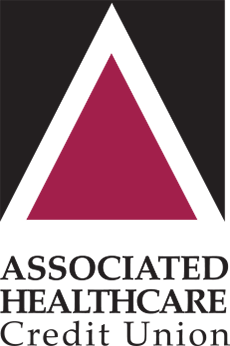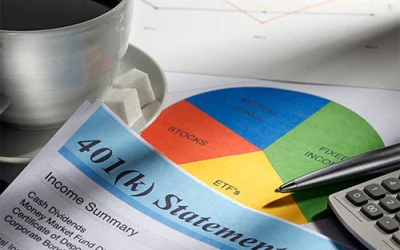Making Sense of Your Budget Is an On-Going Process, Not a Single Event
Once you've tracked your expenses for one month – typically the minimum amount of time you need to track your expenses to get a clear idea of your actual spending behavior – it's time to compare your spending with your budget.
Evaluating your budget is simple:
Income – Expenses = ?
Ideally, this amount should be zero - meaning all of your spending (and savings) have been planned. But many people come up with either a positive or negative number instead.
If you come up with a positive number, that's great. But that also means that you have income that could be put to work - like building savings, paying down debt, and any other use that helps you reach your financial goals. One strategy is to have extra income automatically transferred to a savings account every month, reducing the chance that the money will be spent on unplanned purchases.
If you come up with a negative number, your monthly expenses exceed your income. So you'll need to find a way to earn more money or cut back on spending. Otherwise, you'll need to borrow money to meet your basic expenses and your overall debt will increase every month - a risky situation. Even a small, but consistent, monthly debt can turn into a big problem.
Once you've determined your income and expenses, take a look at your goals to determine what changes you may want to make. Maybe you want to cut back on eating out and use that money to build your emergency savings. Or maybe you finally realize how much you're spending on cable television and decide to apply the savings to a vacation fund.
Life Happens
A budget is just a spending plan. In real life, your goals, priorities, and financial assets are going to change. Your budget needs to reflect what's going on in your life in the present tense - not when you were earning more or less money.
Since we can't always predict the financial consequences of life events, an emergency savings fund is very important. Most experts recommend saving an emergency fund with enough money to pay all expenses for three months or more. So if you do have a financial setback, your emergency fund can help to avoid or minimize unplanned debt - especially if discretionary expenses can be reduced or eliminated at the same time.
Consider revisiting your budget every few months and every time you experience a life-changing event. If you use our budget calculator, we'll remind you to take a look at your budget periodically.








